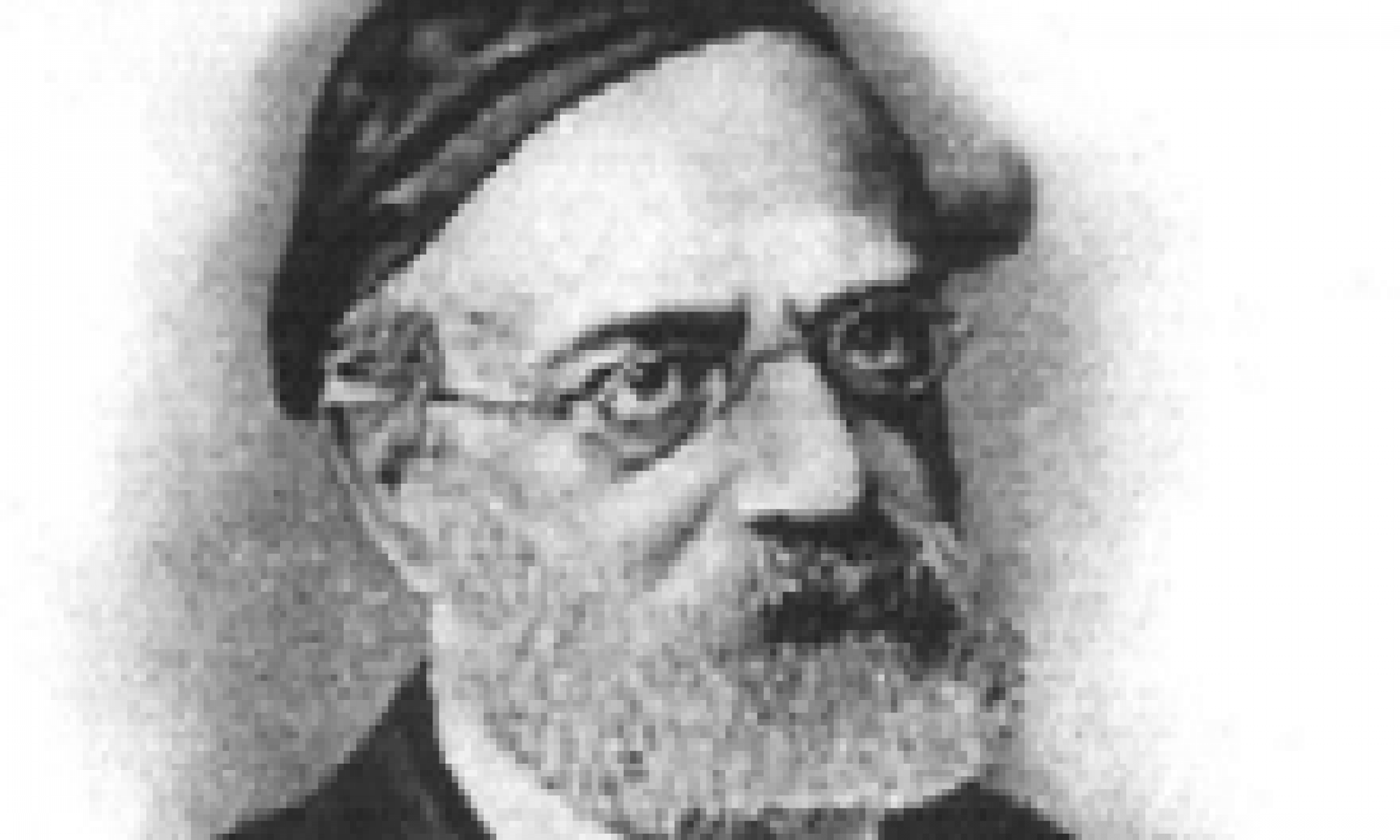The text and translation of Covenant Between the Pieces is available for printing by clicking on this link.
Avraham had asked God how would he know when the time had come for him to conquer the land. God’s response, that he would not do that, his descendants will (See post 15J), follows; first by symbolically showing him, and then by explaining the symbolism.
For three generations Avraham’s descendants will be strangers and slaves, oppressed and without homeland, freedom or power of resistance. The fourth generation will return to this land. The people who currently live in the land have not yet becoming fully degenerate, warranting them to be driven out and conquered.
You will receive the covenant. You will go to your fathers in peace and the covenant will be fulfilled with your children.
Explanation of the symbolism:
- Three generations are represented by: three times a female calf, three times a goat, three times a ram, a turtledove and a young pigeon.
- They were cut in the middle (by God) and birds of prey came to attack them. This symbolizes the terror of death, which was decreed upon the coming generations. The turtledove and young pigeon were not cut.
- God is saying: “Your descendants will have to bring an offering three times. Three generations will have to surrender themselves to God, offering to him the qualities represented by a female calf, a goat, a ram, a turtledove and a young pigeon. For three generations I will decree annihilation on the qualities represented by a female calf, a goat and a ram. Only the qualities represented by the turtledove and the young pigeon will I permit to survive.”
- Avraham chases away the birds of prey. This symbolizes that it is only in Avraham’s merit that the descendants will not be consumed. They will suffer but they will not be consumed.
Symbolism of the Animals:
Each animal represents specific aspects of the human personality. (This applies to all animals the Torah designates for various sacrifices. The gender and species are in accordance with the personality of the offerer, his circumstances and his relation to this environment.)
- A young calf – עגלה: Represents energy and activity. (As these are working animals)
- צאן, sheep and goats, the flock, are pasture animals, led by the shepherd. They represent the relationship of people and nations to God. The עז: As it clear from its name (which means goat but also bold and firm) the goat is strong, resolute and firm. The goat symbolizes the power of resistance – and at the same time, using its nature to be led by its master. The goat represents the quality of heeding the command of one’s master while resisting all temptation.
- The איל, ram: The ram leads the flock. It represents the “man of property” – wealthy individuals endowed with possessions and power.
- צפור the kosher bird (as opposed to non-kosher birds of prey) has neither strength nor powers of resistance. Its main feature is its ability to escape man’s dominion by flying away. The birds here represent the older generation (תור) and the younger generation (גוזל).
God told Avraham to take all the animals in front of him. God cut them in two. He broke all their strength, all the resistance, and all the authority in three generations of Avraham’s descendants. But he did not break the birds, ie. the inner strength to take wing and soar above any hardships (The older generation will keep the younger generation under its protective wings. -GS)
God then explains the symbolism in words, as follows:
- גרות - Your descendants will be strangers (without rights) in a land that is not theirs. (This is the meaning of the ram that was cut in half.)
- עבדות - They will become slaves, without freedom of action. (This is the meaning of the young calf that was cut in half.)
- עינוי - They will be oppressed and will have to bear everything without the ability to offer resistance. (This is the meaning of the goat that was cut in half.)
- Nevertheless, they will be ready for redemption. (The birds were not cut.) The pieces were cut in half, lying opposite each other, waiting to be reunited. The ability to take wing was not broken and it would be the basis for the future restoration of the broken powers.
(In his commentary to Exodus, RSRH further develops this theme. He shows in the wording of the Torah that these three powers of Avraham's descendants were broken in Egypt. He then explains how the plagues correspond to the three powers (as punishment for overdoing it.) Later, when the Torah gives the command of the Korban Pesach, the Pascal Lamb, RSRH again shows the correlation to these powers emerging again and being the focal point as the nation is preparing to leave Egypt. Once the people have been educated in the crucible of Egypt it must now make use of these powers and characteristics in God's service.)
(See The Hirsch Hagaddah pages 90-95 for RSRH's explanation of the Covenant Between the Pieces, pages 8-19 for the Korban Pesach and 115-118 for the 10 plagues.)
Beraishis 15:9-21
pages 361-367

